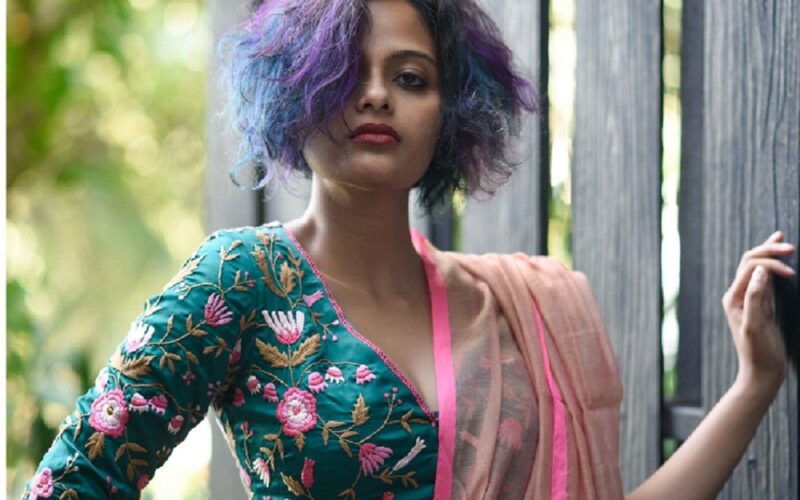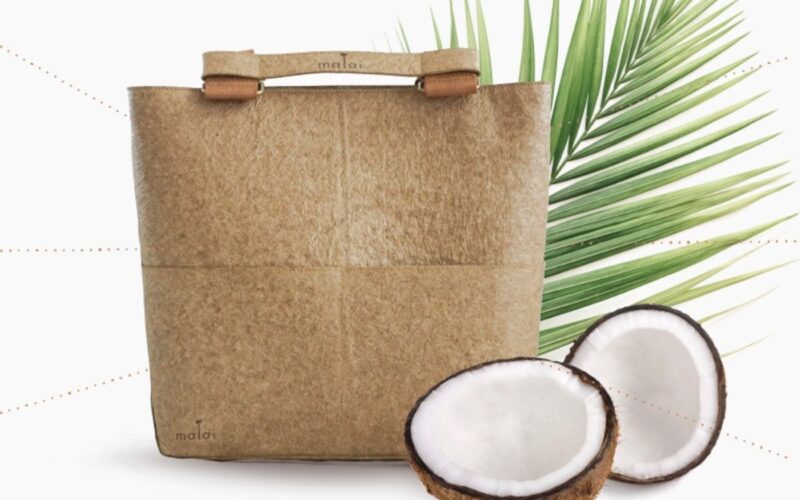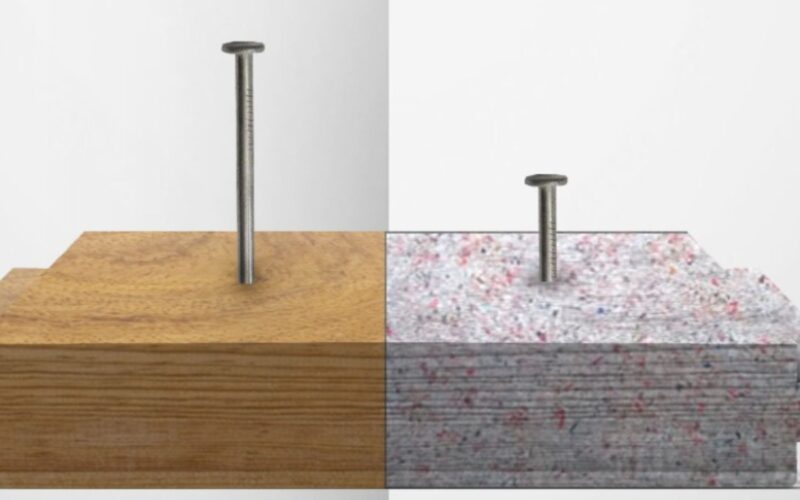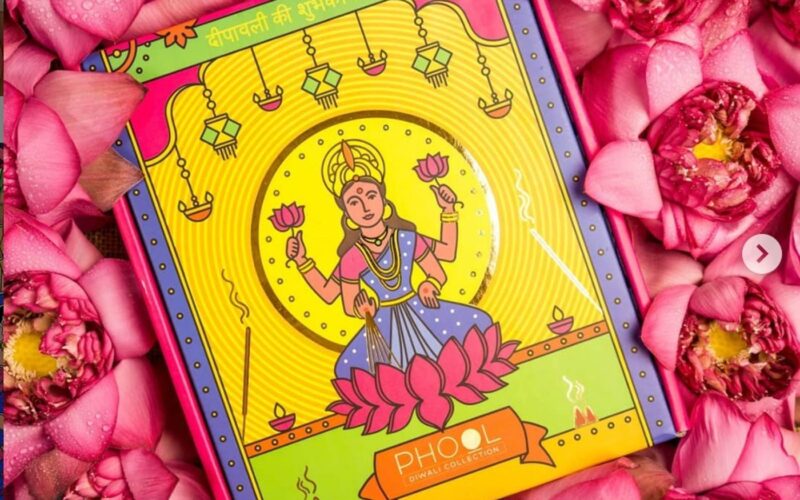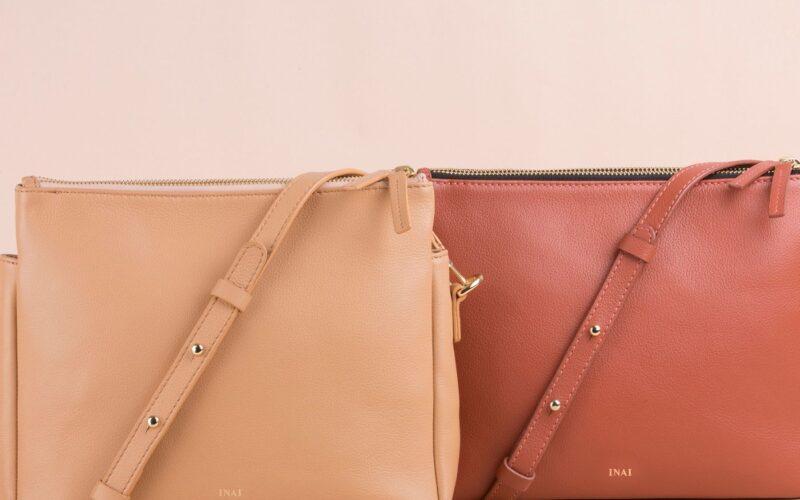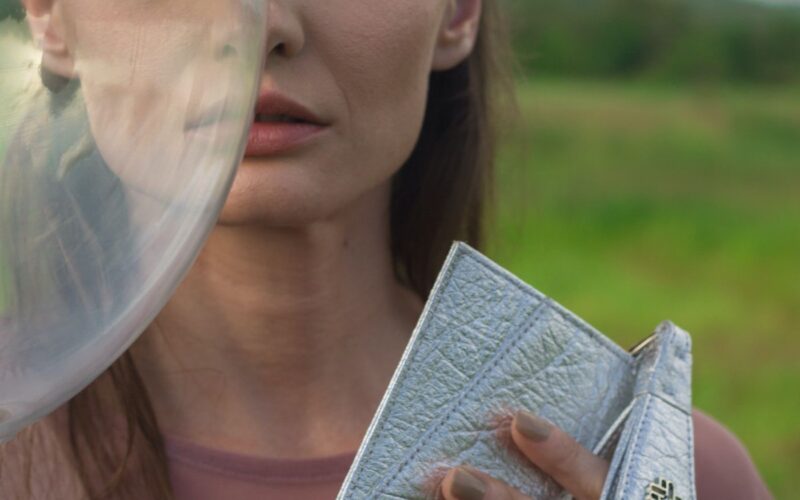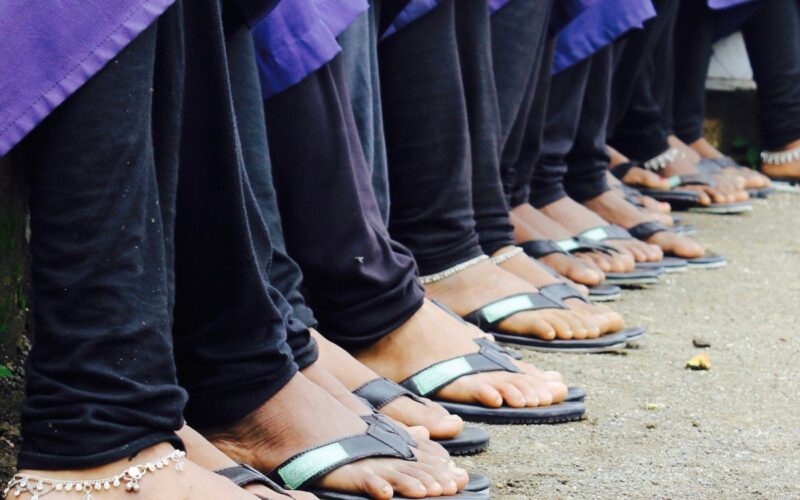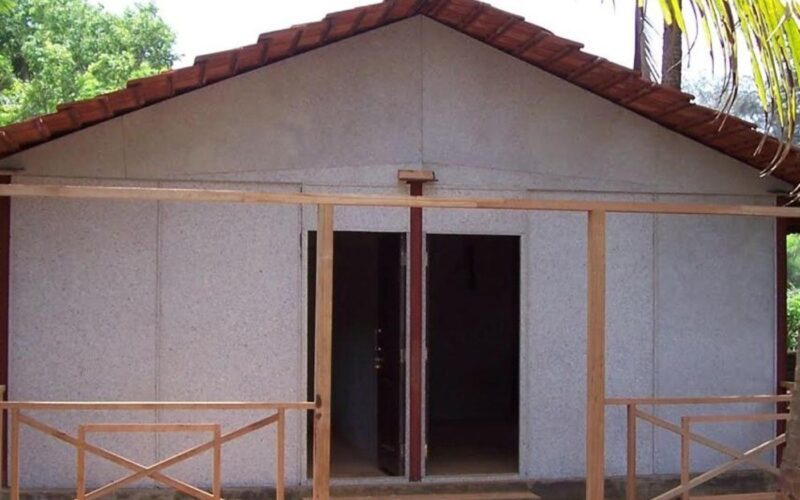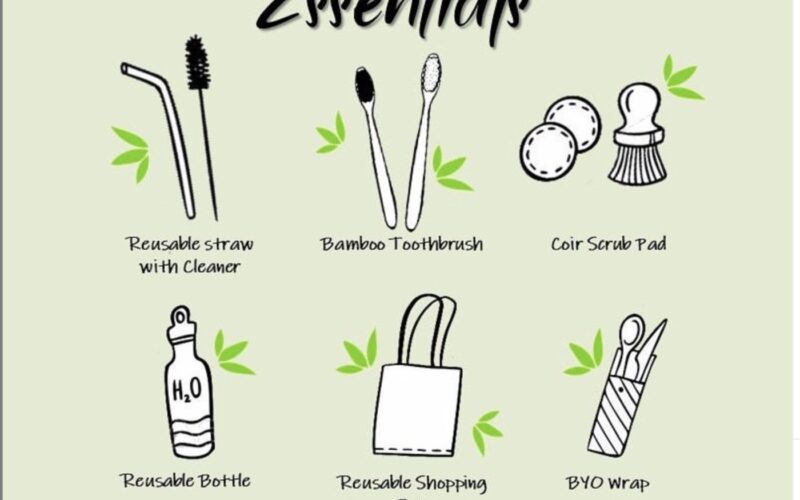19: Suta – Woven Uninterrupted Simplicity
This episode was originally aired on February 18, 2020
Today we revisit an episode where we talk with co-founders Sujata and Taniya (Su and Ta) who decided to quit their well-paying jobs and put their hearts and souls into spreading love through traditional hand-woven sarees. They have a family of 1400 weavers. The process of weaving every saree is a celebration of centuries of tradition and the authenticity of Indian arts. Suta strives to preserve the art of generational craftsman, guaranteeing them a living wage and bringing their products to the urban markets. Learn about their journey in this episode.
Read More
